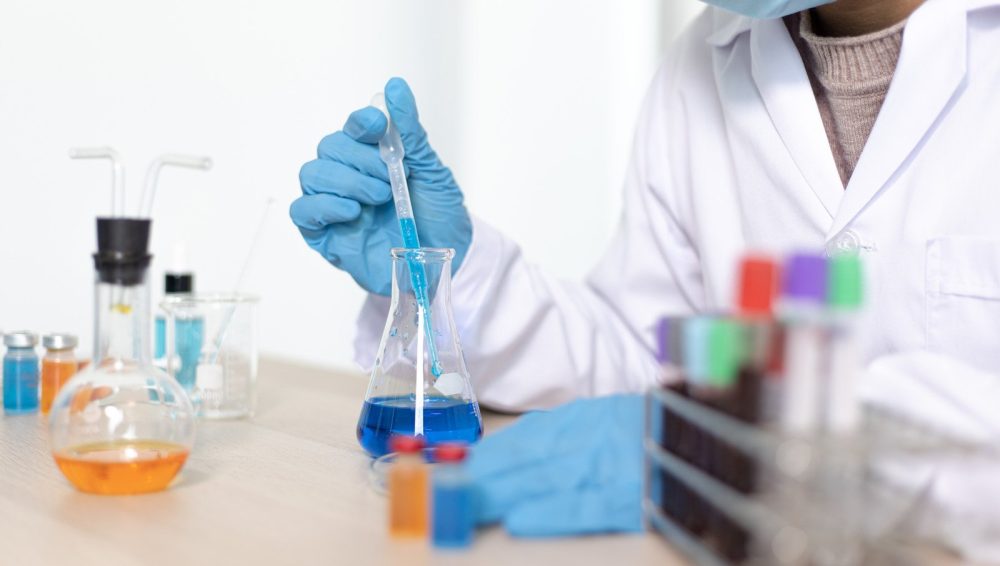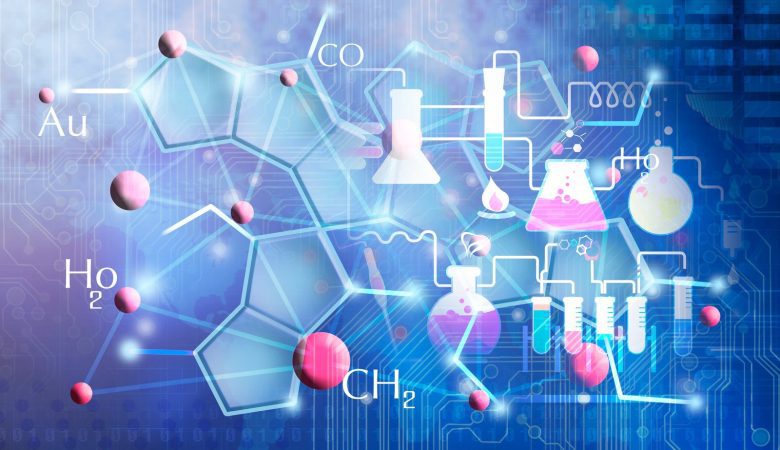It is hard to overestimate the importance of DNA. This molecule, which is the blueprint for all living things, controls the development and function of cells. It also determines our individual characteristics, such as hair and eye color. In this article, we will trace the history of the discovery and development of DNA.
The Discovery Of DNA
The discovery of DNA has been one of the most important scientific discoveries of all time. It has revolutionized our understanding of biology and genetics, and has led to numerous medical advances.
The discovery of DNA began in the early 1800s with the work of an Italian physician named Fortunato Piozzi. He observed that certain diseases could be passed down from one generation to the next, and he realized that this was due to a heritable substance that was passed down in the cells.
In 1869, a Swiss doctor named Friedrich Miescher isolated a substance from the nuclei of white blood cells, which he called “nuclein.” This substance would later be shown to be DNA.
In 1902, another Swiss scientist, Walter Flemming, described the structure of chromosomes, which are made up of DNA. This led to the realization that DNA is the hereditary material in cells.
In 1953, James Watson and Francis Crick discovered the double helix structure of DNA. This was a major breakthrough in our understanding of how DNA works.
Today, we continue to learn more about DNA and its role in health and disease. The discovery of DNA has truly revolutionized medicine and biology, and
The Development Of DNA
The discovery and development of DNA has been an ongoing process for centuries. The first step in this process was the discovery of the double helix structure of DNA by James Watson and Francis Crick in 1953. This discovery was followed by the development of techniques for manipulating and studying DNA, such as DNA sequencing and PCR. These techniques have allowed scientists to learn more about the function of DNA and how it can be used to treat diseases.
The Future Of DNA
The future of DNA is incredibly exciting. New technologies are emerging that allow us to sequence and manipulate DNA much more easily than ever before. This means that we can learn more about how DNA works, and create customised treatments for diseases.
In the future, DNA will become an even more important tool in medicine. We will be able to use it to diagnose diseases earlier, and to tailor treatments specifically for each individual. DNA will also help us to develop new, more effective drugs and vaccines.
The possibilities are endless, and the future of DNA is looking very bright indeed.








